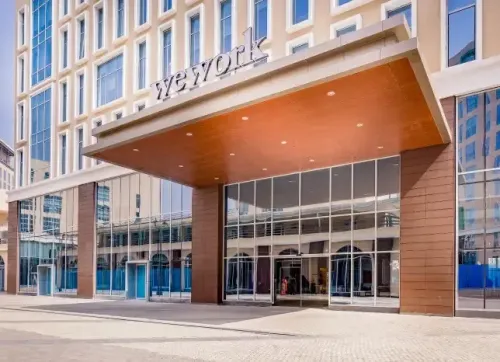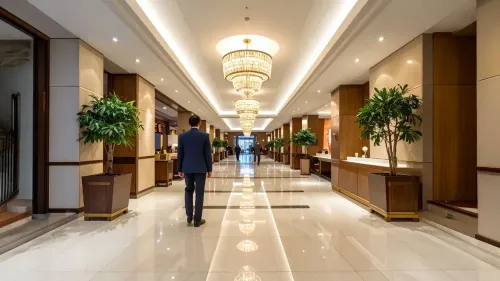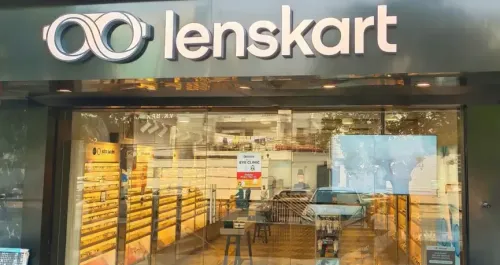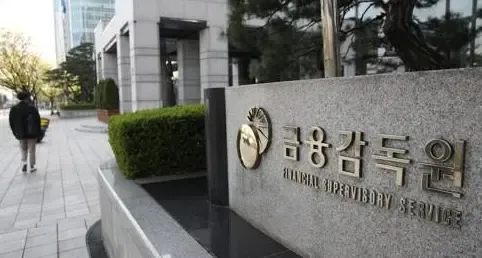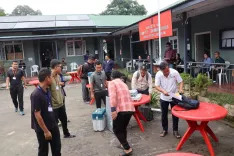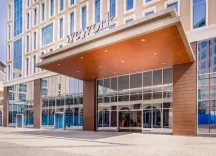Will New H-1B Visa Rules Stifle US Innovation and Boost India’s Growth?
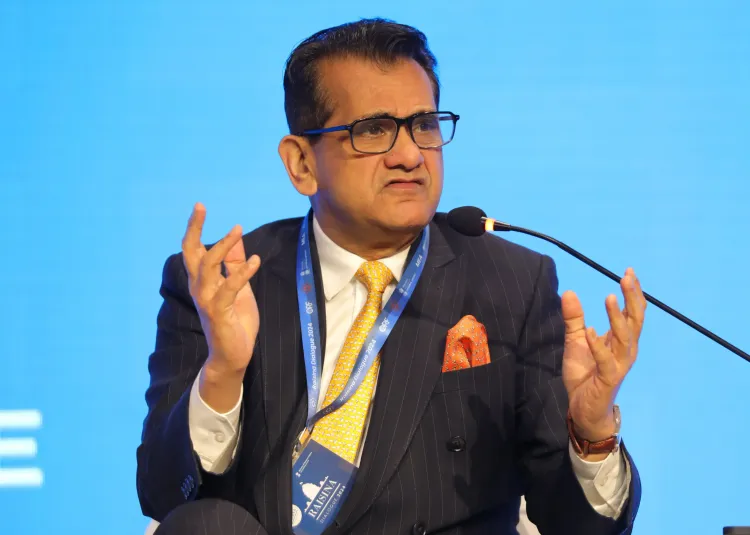
Synopsis
Key Takeaways
- New fee of $100,000 for H-1B visa applications may hinder US innovation.
- Opportunity for Indian tech professionals as they return to India.
- The potential for growth in India's tech sector.
- Trump's gold card program opens doors for investment.
- Shifting dynamics in global talent mobility.
New Delhi, Sep 20 (NationPress) Former G20 Sherpa Amitabh Kant expressed concerns that US President Donald Trump’s recent decision to impose a $100,000 annual fee on the H-1B visa will hinder innovation in the United States while simultaneously benefiting Indian IT and tech companies. Kant made these remarks on Saturday.
This move represents a significant blow to Indian tech professionals operating in the US and to major tech firms, as Trump has enacted a proclamation aimed at drastically reducing the H-1B visa program.
Kant stated, “Trump’s $100,000 H-1B fee will choke US innovation, and turbocharge India’s. By closing the door on global talent, America is shifting the next wave of labs, patents, innovations, and startups to Bangalore, Hyderabad, Pune, and Gurgaon,” as he posted on the X social media platform.
He emphasized that this situation presents an opportunity for India’s top professionals—doctors, engineers, scientists, and innovators—to contribute to the nation’s growth and progress towards Viksit Bharat.
“America’s loss will be India’s gain,” he remarked.
Entrepreneur and investor Kunal Bahl added that the new H-1B regulations will likely result in a significant return of talented individuals to India. He noted, “It will undoubtedly be challenging initially to relocate, but the abundant opportunities in India will make it worthwhile.”
As per the proclamation, each application will now incur a fee of $100,000 per year—a strategy intended to limit the misuse of the visa program while fostering the hiring of local employees.
During the signing at the White House, Trump stated, “The incentive is to hire American workers.”
“We need workers. We need great workers, and this pretty much ensures that,” he added.
Commerce Secretary Howard Lutnick also supported the action, arguing that the policy would discourage companies from hiring foreign talent.
Furthermore, Trump signed an executive order establishing a gold card program that allows individuals to secure a visa for $1 million and for corporations at $2 million.

